The views expressed in our content reflect individual perspectives and do not represent the authoritative views of the Baha'i Faith.
With so much division, racism, and oppression in the United States, it’s easy to get discouraged and start to wonder if real change will ever happen. We need stories of role models from the past — motivation to keep us going as we work for social justice.
And sometimes, when I need a reminder of what’s possible despite seemingly insurmountable obstacles, I find inspiration in the story of my relative, Harriet Tubman. I am humbled and honored to share some DNA with this inspiring abolitionist and selfless heroine of justice, and I often reflect on what I can learn from her life.
RELATED: Harriet Tubman’s Inspiring Interracial Friendship
I found out Harriet Tubman was my relative in 2018. I was co-hosting a gathering with my mother at our home in Maryland, and our friend Lex Musta, a Powhatan, Virginia resident, amateur genealogist, and self-described “human amity worker,” surprised us with the genealogy of my mother’s family history.
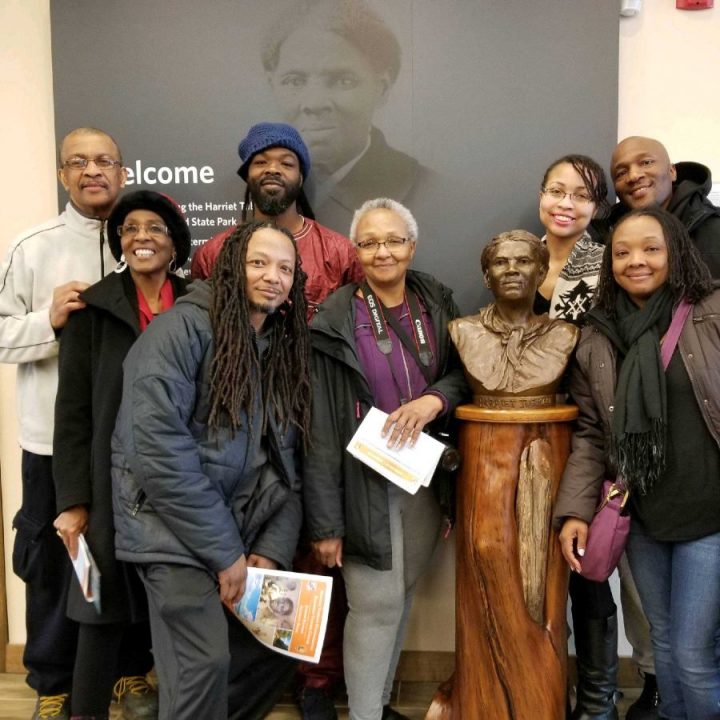
I remember holding the framed chart of our family tree and tracing Harriet’s lineage to my mother. That day, I learned that Harriet and I were sixth cousins and shared a common ancestor, Martin Ross. My mom always suspected that we were related, so it was nice to finally have proof in our hands.
We already knew that Harriet Tubman’s birth name was Araminta “Minty” Ross, and my maternal grandmother’s maiden name was Ross. Araminta Ross became Araminta Tubman after she married John Tubman around 1844. She changed her name to Harriet (after her mother) when she escaped from slavery in 1849. And we already knew that my maternal grandmother and Harriet Tubman were both from the Eastern Shore of Maryland.
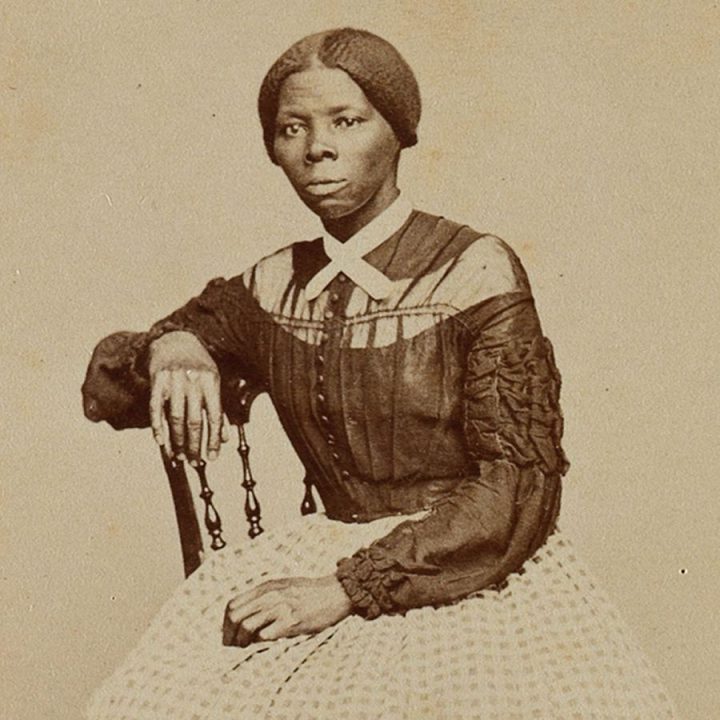
Decades ago, my mom asked her aunt, who was in her 80s at the time and never left that area, if our family ever talked about being related to Harriet Tubman. Her aunt’s reply: “Yes, but the grown folks used to say ‘don’t talk about it.’”
Harriet became a conductor of the Underground Railroad — a Black and white network of abolitionists who helped Black people, who had escaped from slavery, travel North to freedom. She famously kept making the dangerous and difficult trip back to Maryland’s Eastern Shore to directly guide 70 enslaved people to freedom, and she left instructions that enabled at least 70 more people to escape.
RELATED: 5 Abolitionists Who Show Us What White Allyship Looks Like
Imagine how dangerous it would have been for Harriet Tubman’s relatives to talk about her before emancipation in 1863 — a time when Black people were beaten, whipped, raped, lynched, worked to death, and enslaved for their entire lives. If enslavers had discovered that a relative knew of her whereabouts, that relation certainly would have been threatened and tortured into confessing all of the information they had. Even after the Civil War, with embittered supporters of the Confederacy all around the South, and hate groups like the Ku Klux Klan emerging, it might not have been safe to acknowledge a connection to Harriet Tubman.
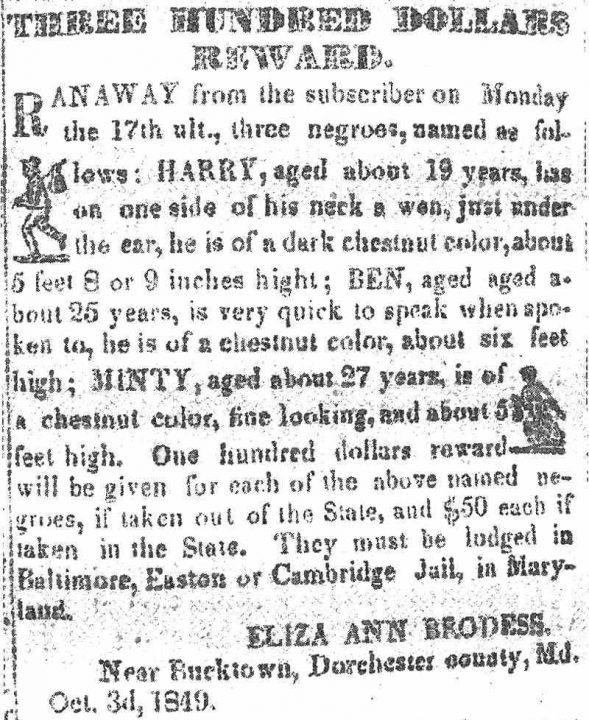
But I am so grateful to now know for sure that we are related, and so here are just a few spiritual lessons I’ve learned from her legacy:
1. Think of Others Before Yourself
The Baha’i writings say that a person should be defined by their ability to forget their “own interests for the sake of others,” forfeit their own comfort “for the well-being of all. Nay, rather, his own life must he be willing to forfeit for the life of mankind. Such a man is the honor of the world of humanity. Such a man is the glory of the world of mankind. Such a man is the one who wins eternal bliss. Such a man is near to the threshold of God.”
Harriet Tubman was the epitome of thinking of others before herself and prioritizing fighting for others’ rights over her own safety, comfort, life, and well-being. Her sacrificial life gave her a profound connection to God and remarkable intuition.
When Harriet Tubman finally made it to freedom, she said:
When I found I had crossed that line, I looked at my hands to see if I was the same person. There was such a glory over everything; the sun came like gold through trees, and over the fields, and I felt like I was in Heaven.
But her happiness was short-lived, because as she said:
I was free; but there was no one to welcome me to the land of freedom. I was a stranger in a strange land; and my home after all, was down in Maryland; because my father, my mother, my brothers, and sisters, and friends were there. But I was free, and they should be free.
So, instead of enjoying her new freedom and creating an easier life for herself, Harriet made at least 13 trips back to the South over 10 years. And every enslaved individual she guided made it to freedom successfully. She was known as the “Moses of her people.” Every person who followed her knew that they could trust her with their lives.
2. Trust Your Intuition
Abdu’l-Baha, the authorized interpreter of the Baha’i writings and the son of Baha’u’llah, the prophet and founder of the Baha’i Faith, said, “Intuition is a power, or a light, by which a human being perceives the realities of things without the medium of the outward senses.” He explained that it’s like “a sixth sense” and “the voice of God speaking.”
If you’ve ever been to a plantation or read about the lives of enslaved people, it’s hard to fathom how anyone could escape. I’ve visited the grounds where Frederick Douglass lived and seen how there’s nowhere to hide. I’ve also seen the river Harriet traveled on during her escapes, and I wonder how it’s possible to know you’re going in the right direction. What Harriet Tubman often said helped her is that she relied on God and trusted her intuition to guide her — and the enslaved people she rescued on foot — to freedom as she followed the North Star.
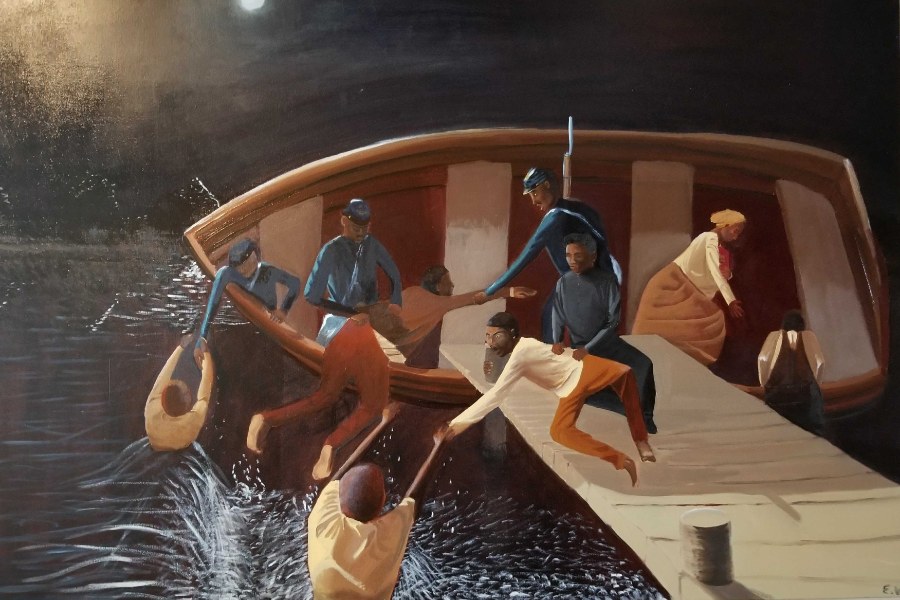
In a letter written to Harriet’s biographer, Sarah Bradford, Harriet Tubman’s friend and fellow abolitionist, Thomas Garrett, wrote:
I have never met with any person, of any color, who has more confidence in the voice of God, as spoken direct to her soul. She has frequently told me that she talked with God, and that he talked with her everyday of her life, and she has declared to me that she felt no more fear of being arrested by her former master or any other person…
3. Never Stop Working for Social Justice
Abdu’l-Baha said that we should all strive that our “actions day by day may be beautiful prayers.” He instructed all Baha’is to:
Turn towards God, and seek always to do that which is right and noble. Enrich the poor, raise the fallen, comfort the sorrowful, bring healing to the sick, reassure the fearful, rescue the oppressed, bring hope to the hopeless, shelter the destitute! This is the work of a true Bahá’í, and this is what is expected of him. If we strive to do all this, then are we true Bahá’ís, but if we neglect it, we are not followers of the Light, and we have no right to the name.
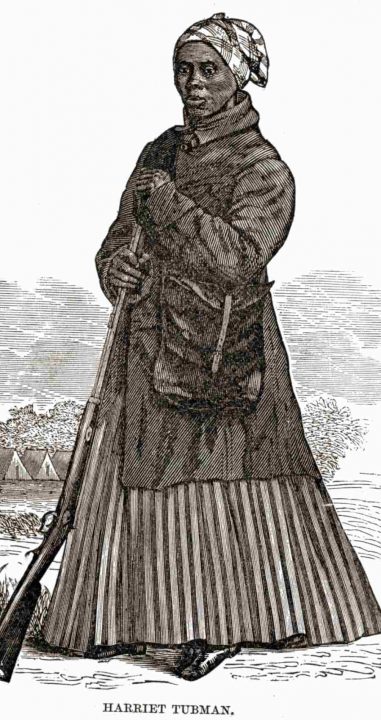
The first mention of the Baha’i Faith was in Chicago in 1893, but we have no way of knowing if Harriet ever heard of it. But when I reflect on her story, I believe she lived her life like “a true Baha’i.” Even after she guided hundreds of enslaved individuals to freedom, she never stopped to rest. She dedicated her entire life to working for social change and justice.
During the American Civil War, Harriet served as a Union spy and scout and helped many of the enslaved individuals under Confederate control find food, shelter, and jobs in the North. And as a nurse, she treated diseased and dying Black and white soldiers with herbal remedies and restored them to health. In addition to taking care of her elderly family members after the war, Harriet also raised money to support newly freed enslaved individuals, and joined Elizabeth Cady Stanton and Susan B. Anthony in their quest for women’s suffrage. With the help of the African Methodist Episcopal Zion Church, she also established the Tubman Home for Aged and Indigent Negroes, a nursing home for the poor and elderly in her community in Auburn, New York.
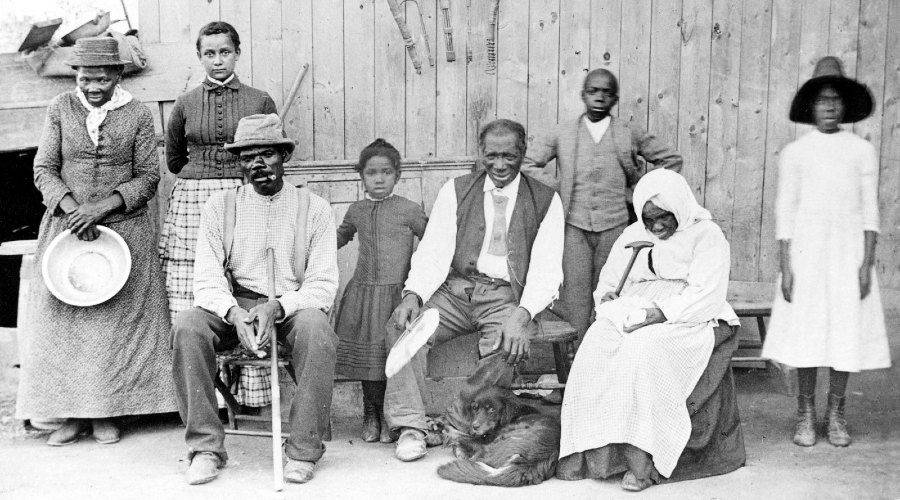
These are just some of the ways I find spiritual strength in Harriet Tubman’s story. She’s a reminder that no matter how bad our modern challenges are, nothing can compare to the horror of slavery. Indeed, Harriet Tubman’s legacy is a reminder of the power one person can have in transforming society. She became the change that she wanted to see in the world, and we can too.


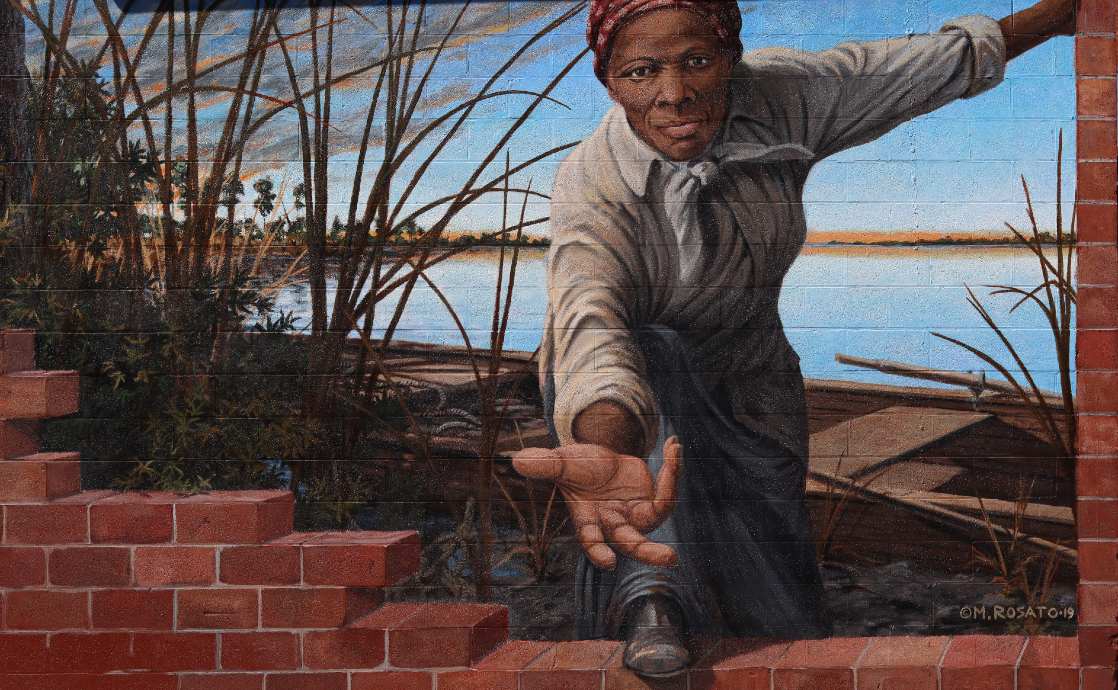













Comments
Sign in or create an account
Continue with Googleor